Tex-Mex in France: Culinary Confusion
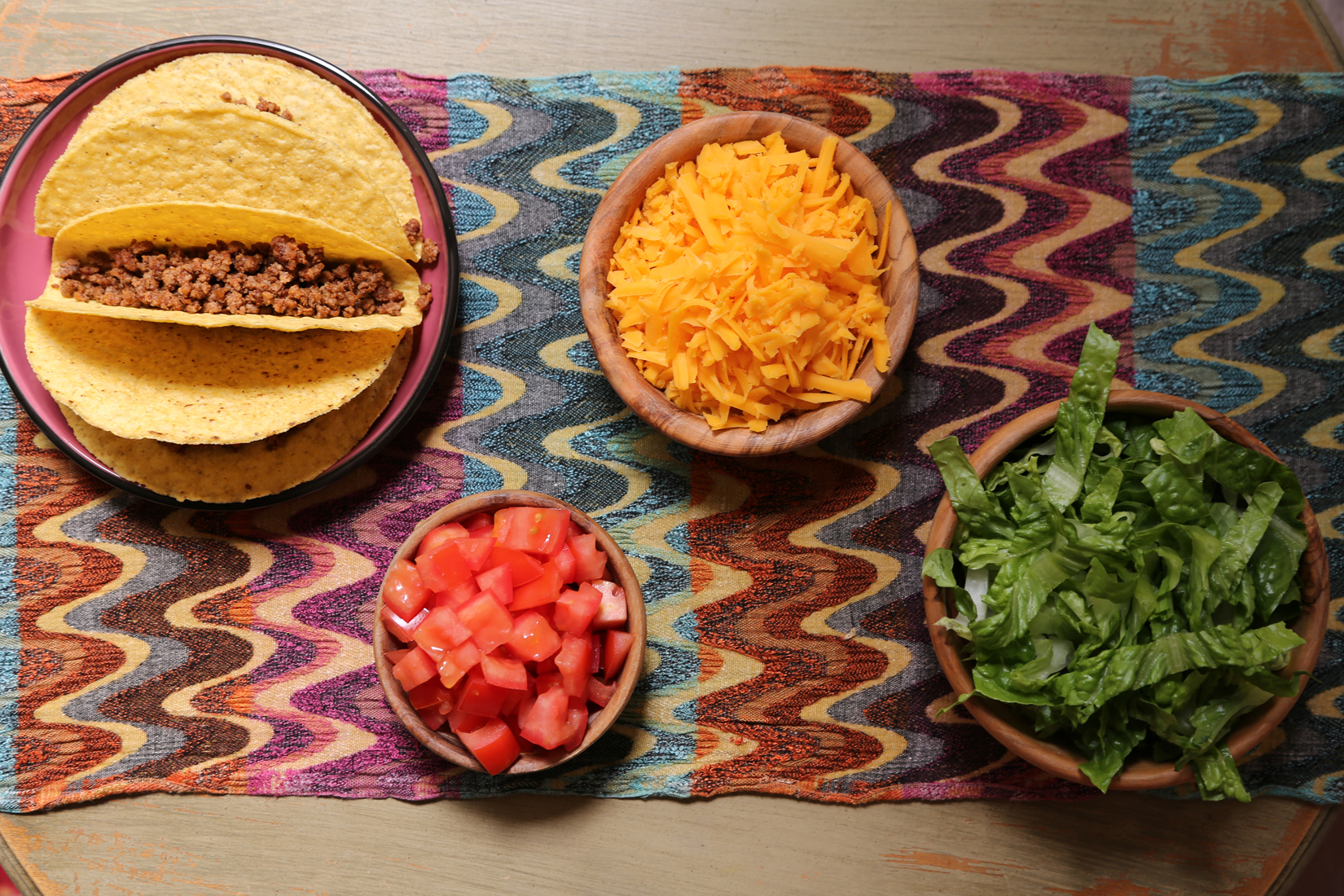
The first time I ate at an "American" restaurant in France was with my cousins in Verdun. We went to a chain called Buffalo Grill, and to my surprise they had a section on their menu labeled Tex-Mex.
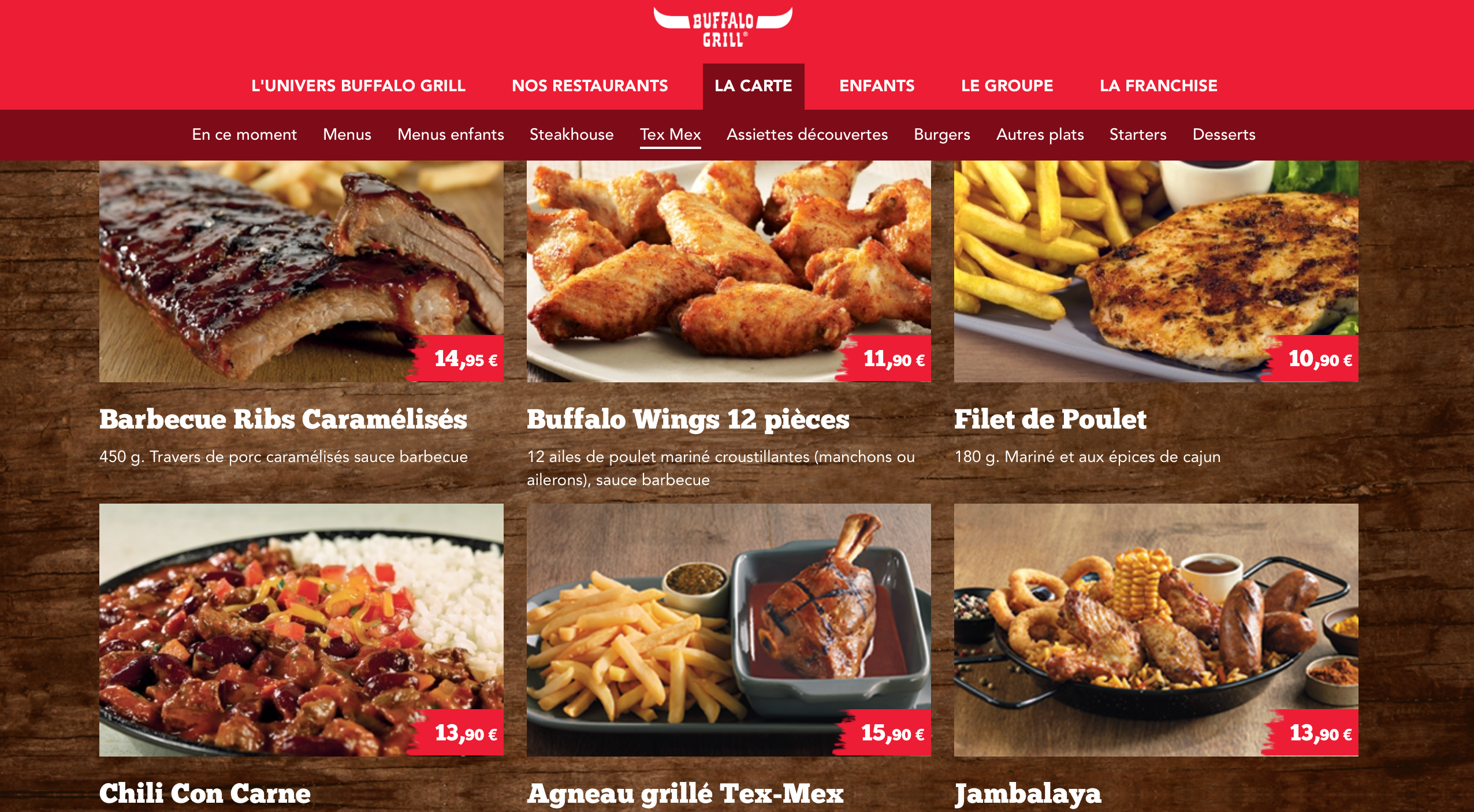
Well this just about warmed my little Texan heart past its boiling point, until I read the fine print and saw what exactly they had under the label: chicken wings, a grilled chicken breast, barbeque ribs, jamba-freaking-laya, and chile con carne.
Oh lord help.
That's how, at the delicate age of 16, I was introduced to France's strange relationship with Mexican food and their veritable obsession with labeling anything and everything they can as "Tex-Mex".
To those who aren't from Texas, or who in general aren't very familiar with Southwestern American cuisine, I'm sure you either have a look of utter confusion or disdain sitting happily on your face. You see, Tex-Mex generally means absolutely nothing to someone or it means something that makes people sort of wince and a do a side-step away from you.
"Tex-Mex?" they think. "Is she talking about that crap you buy at Taco Bell?"
Clearly I can see we need a little bit of background here, given that the prevailing view of Tex-Mex seems to land mostly on the fact that it's not authentic and yet dares to label itself as Mexican food.
What makes food authentic anyway? Country of origin?
Before Texas was a state, it was a Republic. And before it was a Republic, it was Mexico.
It wasn't until the Mexican-American War and the 1848 Treaty of Guadalupe Hidalgo that the food magically changed from Mexican to something else. Ask any of the norteños and tejanos who were still living there (and their decendents who likely continue the tradition) what to call their food, and you might get some strange looks. Tex-Mex (and the rest of the Southwestern cuisine) is the result of the Northern Mexicans using ingredients found in what became the Southwest; and it was later added to by the Spanish and then the American cowboys who came there. Although it is easy to say Americans have never been good at sharing their space with those that came before, in this case the melange of food became something really tasty. And while it may not be "authentically" Mexican, it is authentically its own.
Maybe it's because Tex-Mex is so great that it is the particular iteration of Southwestern cuisine to be commercialized. Crispy beef tacos, nachos, flautas -- they get packaged and sold and become the only representation that many have. And slowly, any type of commercialized or even just widely sold Mexican-type food product became known under the umbrella of Tex-Mex.
I suppose that's why the most horrible brand ever, Old El Paso, shows up in French supermarkets. That's why they slap some cheddar (or god forbid, swiss) cheese on a plate of crappy tortilla chips and call them nachos. It's why they take anything that could have a hint of spice and label them les pommes de terres tex-mex. It's why they'll slop a strange bowl of something that could be called chili but is supposed to be chile con carne (a hint here: with Tex-Mex chile con carne is usually a sauce, you don't normally find a bowl of chili on any menu).
Of course, none of this is really their fault. This Americanized, processed junk isn't "authentically" Mexican food any more than it is "authentically" Tex-Mex, but for some reason it's okay to turn up our nose at one while expressing delight at the other. Generally this is done over a plate of fajitias, which happen to be Tex-Mex.
Chile con queso? Tex-Mex. Ground beef anywhere near it? Tex-Mex. Crispy tortilla shells? Tex-Mex. Does that Mexican food taste of cumin? You guessed it.
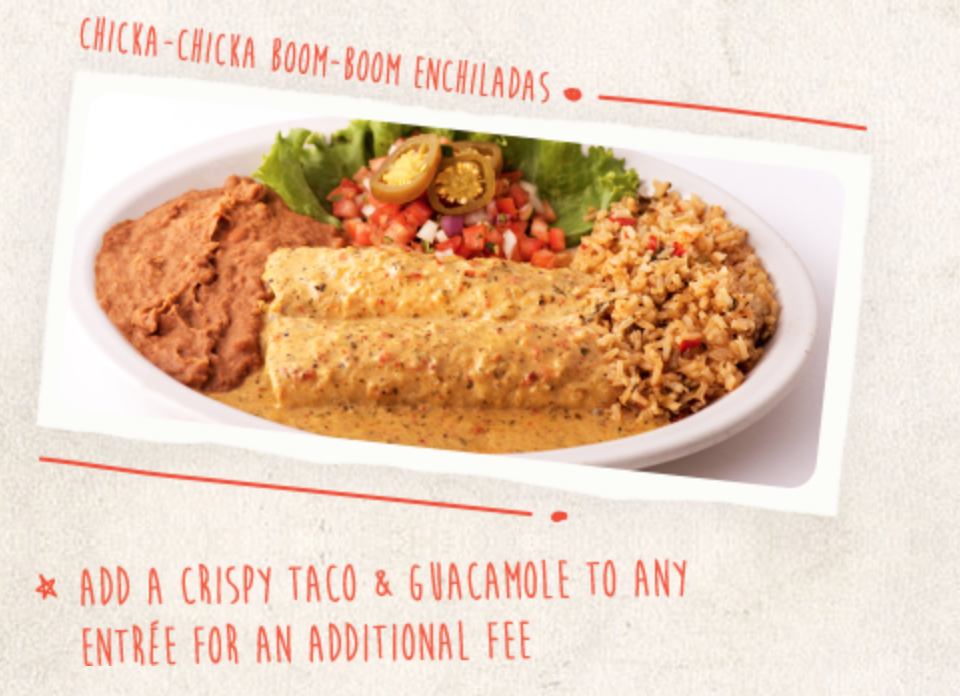
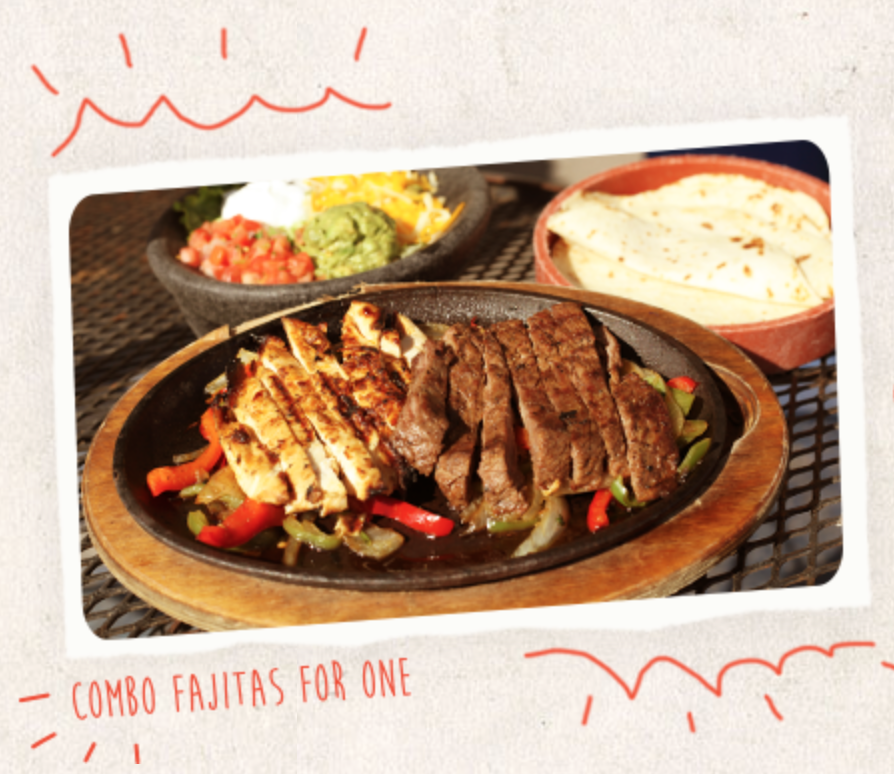
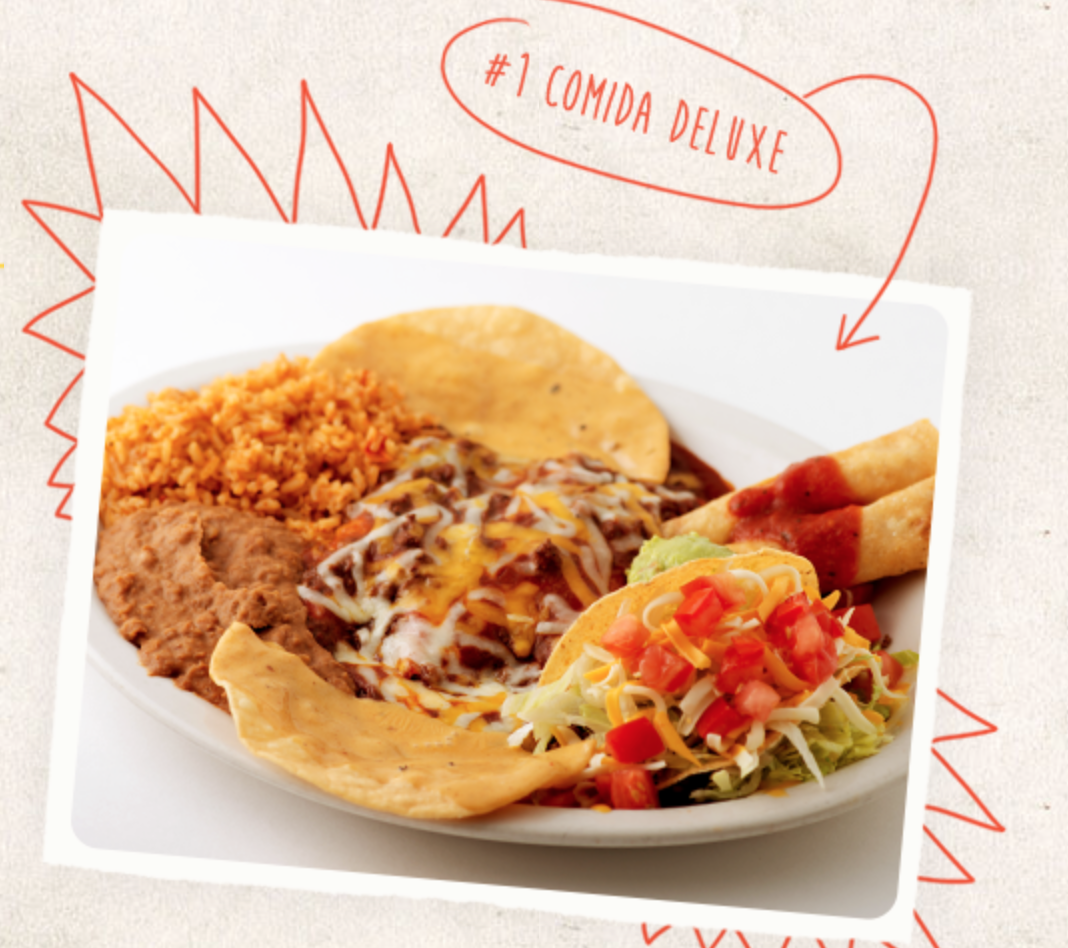
Southwestern cuisine on its own has left its mark. Green chiles, sopapillas, or stacked enchiladas? That's New Mexican food. Chimichanga? Arizona Mex. All of this is to say that the French have a very skewed relationship with Tex-Mex, as its use a label for veritably anything that could fall under that umbrella ends up leading to some extremely disappointing food. Indiana Café, for instance, is another example of a French restaurant with really crappy food branding itself as Tex-Mex.
Unfortunately, it's not an easy fix to completely change the perception of a cuisine. Unless a Texan opening up their own restaurant and importing almost everything needed to cook the food, Old El Paso and sad excuses for nachos are probably in France to stay.
[Photos: Buffalo Grill, Shelby Lee, Chuys]





